Reflection allows us to become more self-aware and gain valuable insight for moving forward.
So, I grew up in an extended home in a small village in Guyana. Come to think of it, I can’t imagine how we all managed to fit into that house. I guess God does work in mysterious ways! But those were some wonderful days. Undeniably, childhood life lessons are crucial to our academic performance, social skills and professional life.
There really is so much that’s special about childhood and so many life lessons to be learnt. I remember how much I appreciated the little things and presents. How free my mind was of stress and worries. In fact, childhood memories are treasures and the life lessons are perhaps our most valuable weapons to face this world.
According to research, life skills including motivation, resilience and confidence are associated with improved academic outcomes and workplace performance. In fact, 94 percent of employers and 97 percent of teachers believe that these soft skills are just as important or perhaps even more important than academics (Cullinane & Montacute, 2017).
- Reflection allows us to become more self-aware and gain valuable insight for moving forward.
- Here are my take-away lessons
- 1.It takes a village to raise a child
- 2.The influence of teachers and schools
- 3.The worth of true friendships
- 4.The value of spirituality
- 5.A lot of things really don't matter
- 6.Your situation will change; make sure it's for the better
- 7.The value of education
- 8.Always be content
- 9.Enjoy it before it goes
- 10.Confidence
- Final words on childhood life lessons
- Childhood and Health
- Parenting on social behavior and communication skills
Here are my take-away lessons
As children you’re able to achieve several things that adults find difficult. You don’t have the restrictions and limitations of life or society. As such, you feel as though you can do anything and nothing will stand in your way.
That’s why it provides an important opportunity to learn valuable life lessons and emotion skills for your adult life.
1.It takes a village to raise a child
It really does, and I’m forever grateful that I’ve always had my aunts, uncles, and grandparents as additional parents. Not only did they add physical, financial and emotional support, but so many happy memories that I’d cherish forever.
I’m thankful that technology permits my own children to stay in touch with their extended families. It’s definitely not the same as having them nearby though.
Life lesson: Be cognizant of the great influence that you have on others, particularly the most vulnerable.
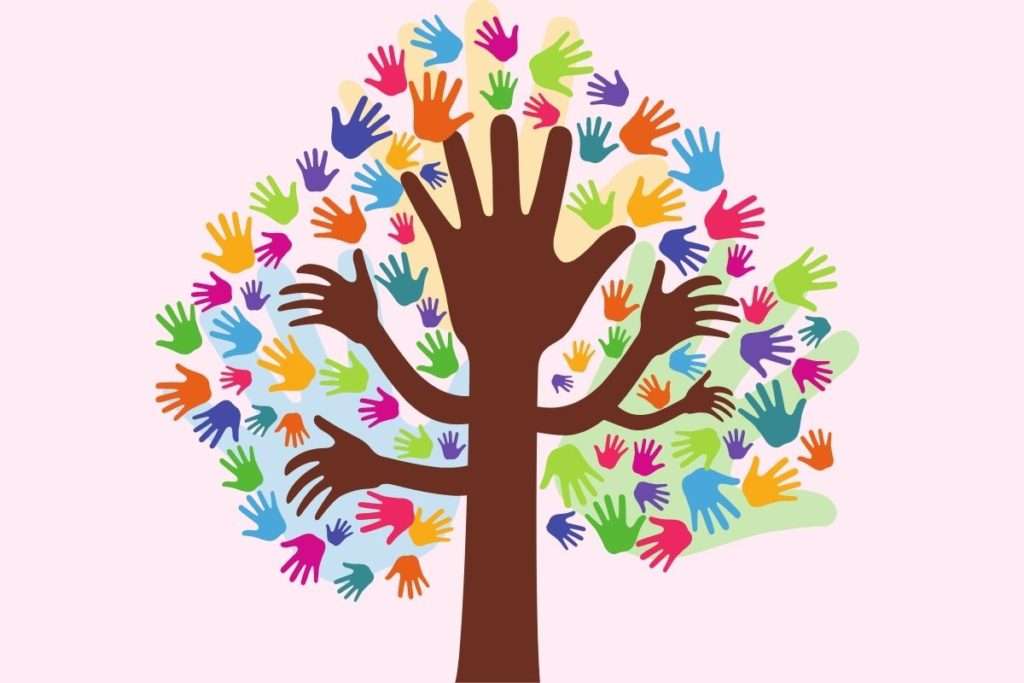
"When we are old and failing, it is the memories of childhood which can be summoned most clearly." - Dan Simmons.
2.The influence of teachers and schools
Growing up I had some great professors and some others that biased, discriminative and judgmental. Although I’ve had so many teachers, interestingly, the ones that I remember the most are those from my earlier in my school life.
I guess the younger you are the easier it is for others to leave their imprints in your life. That’s why it’s so important for young persons to have other persons – other than their family members – to believe, motivate and inspire them.
Life lesson: Focus on the good in people and use the negative experiences to make you wiser and more refined.
3.The worth of true friendships
I’ve always been blessed to have really great friends, even if they are few. Often, it’s easy to not realize just how much influence our friends have on our lives.
Not only did these friendships to love, motivate and inspire. But, they also taught me the value to forgiveness, understanding, compassion and community.
Life lesson: When it comes to friendships, quality does triumph quantity.
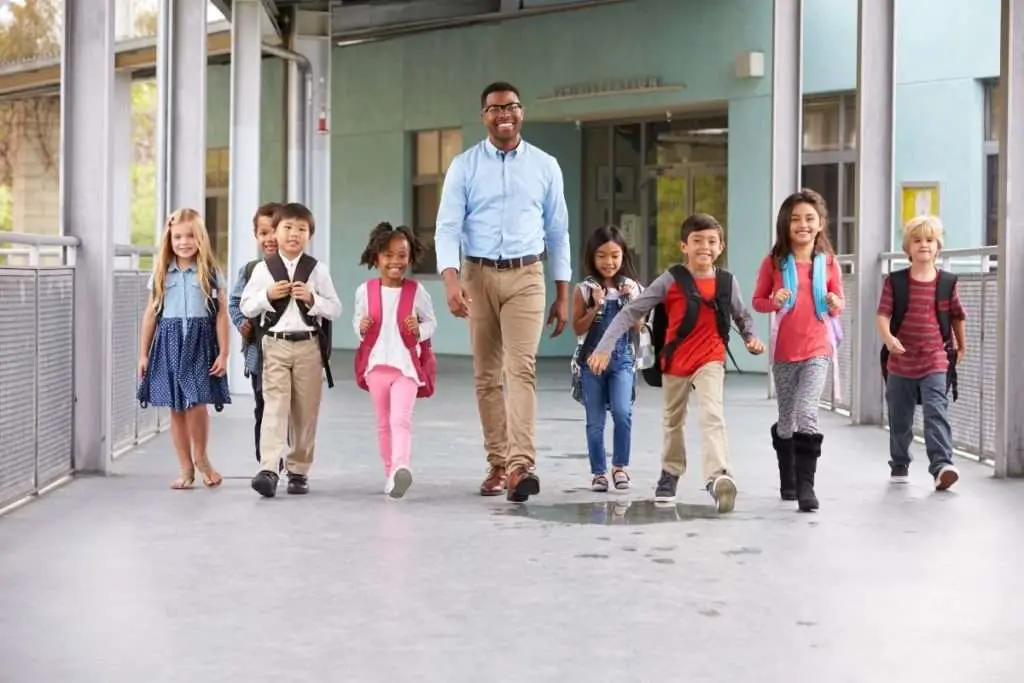
"A good friend is a connection to life- a tie to the past, a road to the future, the key to snity in a totally insame world." - Lois Wyse.
4.The value of spirituality
My religion has always been an important part of my life. It kept me compassionate, grounded and provided my with a constant source of comfort. One of my favorite go to verses is “I could do all things through Christ who strengthens me (Philippians 4:3).
In fact, I would continually recite this every time that I was facing something challenging. And, I really did feel as if I could do anything. Affirmations are powerful!
Life lesson: Remain true to who you are – your values and your philosophies.
Click here to discover how spirituality and health are connected.
5.A lot of things really don’t matter
It’s so true that we’re often our own biggest critics. Looking back, most of the things that I was overly self-critical about, really didn’t matter. Give yourself permission to make mistakes. You don’t need to be perfect, just give it your best shot.
On the contrary, I also learnt that small actions amount to much. They really do have a ripple effect. Don’t underestimate the power of little actions and your words. Make them as positive and empowering as possible.
Life lesson: Go easy on yourself. You are enough.
6.Your situation will change; make sure it’s for the better
I’ve found that trying to prevent change may end up doing more harm than good. That’s because we use so much of our energy and time trying to stop something that is evitable, instead of try to make the change as productive and fruitful as possible.
It really boils down to accepting the things we can not change and dedicating our efforts towards the things that we can.
Life lesson: Change is often hardest in the beginning. Give yourself a chance to to learn, adapt or evolve.
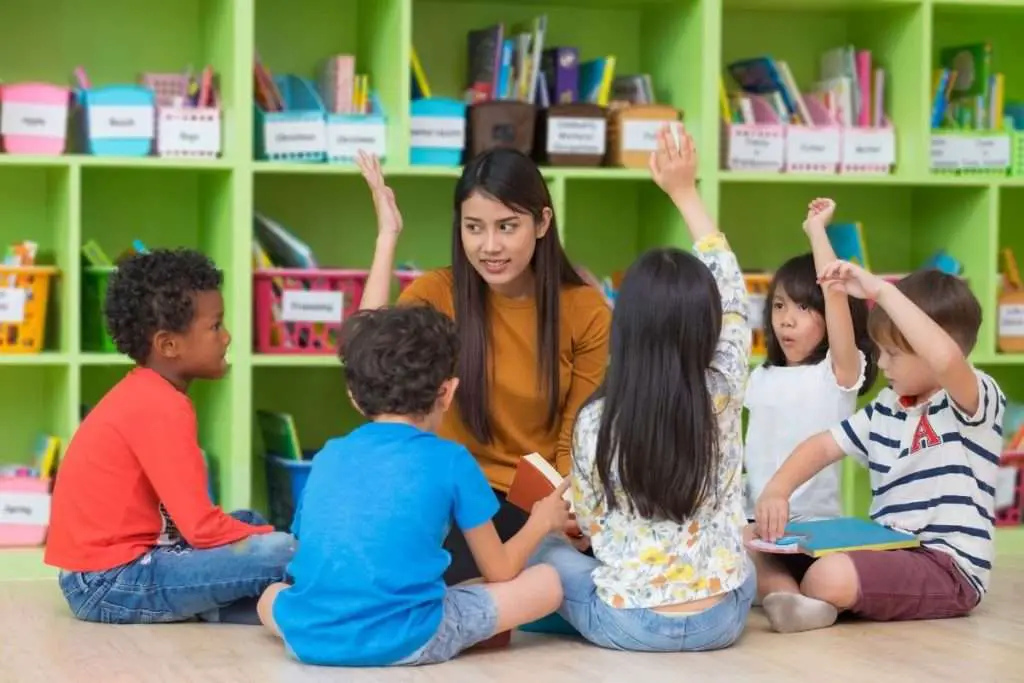
"Don't be timid and squeamish about your actions. All life is an experiment." - Ralph Waldo Emerson.
7.The value of education
Education is not everything but it definitely makes such a huge difference in your life. For many persons – not all – that are underprivileged, it really is your escape ticket.
Growing up, I often assumed that people thought that I was smarter than I actually was. So because I was viewed and labelled as ‘smart’ I continued to work at academic activities in order to be smart.
However, this feeling makes me to think about the late starters that are labelled and viewed as not being smart enough. Just imagine how much that perception can really thwart someone’s self-development, particularly during their childhood years.
Life lesson: There is so much power in words and how we believe that we are perceived.
8.Always be content
Our lives may not be ideal but sometimes the very things that we are trying to change may be the ones that truly make us unique and resilient. Once I was sick for a few days. Even though it was nothing major, all I could think about is wanting to go back to how I was feeling before.
I didn’t realize how great that ‘normalcy’ was until I didn’t have it anymore.
Now, anytime I start to complain, I try to think of all the things that I’ve been blessed with. I also have a mental list of all the things/people that I never want to lose. And, the fact that I still have them means that I have more than enough to be contented.
Life lesson: Never wait until you lose what you have to really appreciate all that you’ve been blessed with.
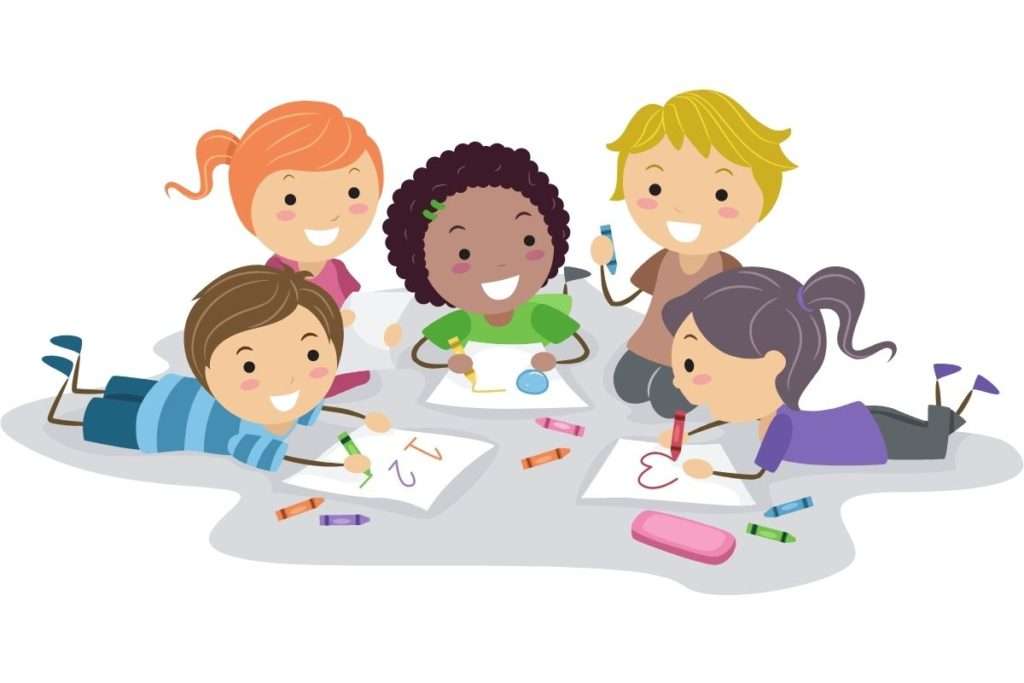
"Contentment does not mean that I desire nothing. But rather, it's the simple decision to be happy with what I have." - Paula Rollo
9.Enjoy it before it goes
Although it doesn’t seem like it, childhood flies by so quickly. I could look back at some events from my childhood and remember them so vividly, yet they were so many years ago.
The ability to live in the present will have a tremendous positive impact on peace and happiness. I’ve realized that it really does minimize stress levels and helps me to concentrate and appreciate my current experiences.
Life lesson: Sometimes it’s okay to slow down and just take in the present, it’ll only be here once.
10.Confidence
As a child I was always shy. Actually, I still am very shy, especially when it come to certain things and situations. However, my shyness has improved significantly. And, that’s because I’ve come to really appreciate the value of confidence.
I admire confidence. It really is a secret weapon to propel you to new, even unimaginable heights. So, over the years I’ve been consciously, actively working on it.
Depending on what situation you find me in, you may even think I’m quite brave. So, I think my efforts are definitely paying off. Unfortunately, sometimes, there’s a very thin line between confidence and haughtiness .
So, I believe it’s important to continually introspect, just so that we don’t cross over into those egocentric territories.
Life lesson: Believe that you are good enough, and that in you in the potential to do great things.
"Not everything that is faced can be changed, but nothing can be changed until it is faced." - James Baldwin.
Final words on childhood life lessons
Picture for a moment the most wonderful memories and life experiences you have of your childhood. Just try to picture how joyous those moments were and what powerful tools those provided for your future.
Unfortunately, our childhood is often also filled with moments that were not so fun. And, for many persons it was downright horrible.
Although it’s so much easier said than done, I urge you to reach deep within and discover how you could use those life lessons to make an even bigger impact in your life and the lives of others.
What memories or physical skills do you most cherish from your childhood? Let me know in the comment below.
Use this link to read about my medical school journey and life lessons.
Related Topics:
Childhood and Health
Research shows that health often has it’s foundations deep in childhood. For instance, having stable relationships with parents or caregivers in early childhood can have a profound effect on the cognitive development and physical health of individuals as they age.
As well, other factors such as chronic stress, poverty and racism all contribute to poorer health in adulthood. Further, having a parent or guardian with a low income has been shown to make it more difficult to maintain good health.
Research looking at poverty has shown that a lack of income may increase stress levels within families. According to statistics, almost 25% of children (under the age of 18) in Nova Scotia, Canada live in low economic situations.
Unfortunately, poverty rates and health issues are concurrently much higher for ethnic minorities.
Parenting on social behavior and communication skills
According to research, positive parenting has significant positive influences on children’s social behavior and communication skills.
The evidence suggests that there is a clear connection between how children are raised by their parents (positively or negatively) to adulthood and the way they interact with others later in life.
Moreover, parents’ attitudes towards their children can affect how these young adults interact with their co-workers, friends and family members.
Parenting style not only helps determine their child’s social behavior but also establishes a sense of confidence in dealing with other people.
References:
Cullinane, C & Montacute, R (2017) Life Lessons: Improving Essential Life Skills for Young People.
Rushana Greenidge-Horace
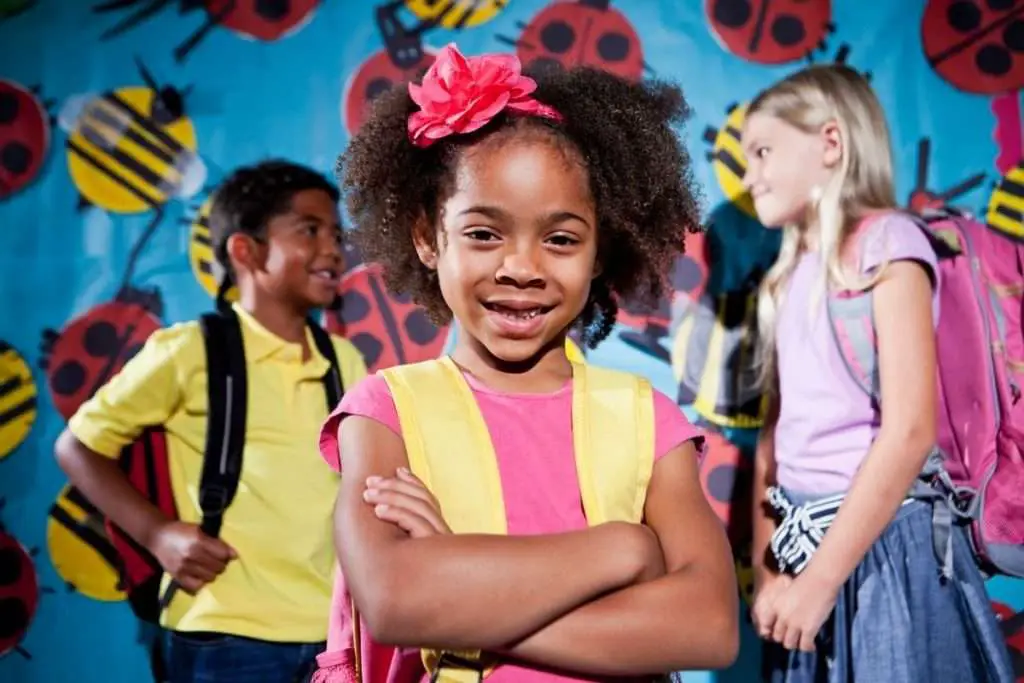










Leave a Reply